Israeli assassination of IRGC colonel amounts to ‘state-sponsored terrorism’: Former UN expert
An American professor of international law and former UN special rapporteur says the Israeli assassination of a member of Iran’s Islamic Revolution Guards Corps (IRGC) last month was a clear violation of international law, noting that Israeli is guilty of “state-sponsored terrorism.”
In a terrorist attack in Tehran on May 22, Colonel Hassan Sayyad Khodaei was assassinated by two motorcyclists who shot him five times before fleeing the scene.
Khodaei was dismounting his car to enter his home in an eastern neighborhood of the Iranian capital when three bullets hit him in the head and two bullets in the hand.
“The assassination of Sayyad Khodaei … seems a clear violation of the right to life, defined in international law by Article 6(1) of the International Covenant on Civil and Political Rights,” Richard Falk, a former special rapporteur on the situation of human rights in the occupied Palestinian territories, said in an interview with Press TV.
“This fundamental provision of international human rights law affirms an ‘inherent right to life’ enjoyed by all persons and is given further specificity by asserting that ‘no one shall be arbitrarily deprived of his life,’” he said.
He suggested that Falk was arbitrarily deprived of his life “given what we know about his life and activities at the time of the assassination.”
The New York Times on May 25 cited an intelligence official as saying that Israel had informed American officials that it was behind the assassination.
It also cited Israeli officials who claimed that Khodaei was allegedly involved in planning cross-border plots against Israelis.
“The targeted killing of Khodaei was unsupported by any Israeli presentation of evidence of his violent intentions or of engagement in extra-national violent plots as alleged by informal spokespersons for [Israel] in offering their rationalization for the assassination to the media and the US government,” Falk told Press TV.
“I believe a reasonable person would conclude that the assassination suggests that Israel is guilty of state-sponsored terrorism, which is a criminal behavior under international law.”
Elsewhere in his remarks, the professor described the assassination as “an Israeli provocation,” noting that it was aimed to undermine prospects for the success of the Vienna talks on the revival of the 2015 Iran deal, which Israel strongly opposes.
Given its timing, Falk said, the assassination was “intended either to prompt an Iranian act of proportional retaliation or strengthen the insistence of the Iranian negotiators in Vienna that the [Iran deal] cannot be restored without removing the [Islamic] Revolution Guards Corps from the US list of ‘terrorist organizations.’”
He noted that Iran has the right to strongly protest at the UN and call for a thorough international investigation of the assassination.
Falk also stressed that “it would seem reasonable from a legal, political, and moral perspective for Iran to retaliate in a manner of its own choosing,” considering “Israel and the US’s past practice of high profile targeted killings” against Iranian figures.
In November 2020, Iran’s top nuclear scientist Mohsen Fakhrizadeh, who headed the Defense Ministry’s Organization of Defensive Innovation and Research, was assassinated in what Tehran described as a terrorist attack conducted by Israel and supported by US intelligence services.
The New York Times reported at the time that Israel’s spying agency, Mossad, used a remote-controlled “killer robot” to assassinate Fakhrizadeh.
Back in January 2020, the US itself assassinated Iran’s top anti-terror commander Lieutenant General Qassem Soleimani and Iraqi Popular Mobilization Units’ deputy commander Abu Mahdi al-Muhandis in a drone strike near Baghdad International Airport.
Falk, however, advised against retaliating, saying “retaliation might play into Israelis’ hands by ensuring no restoration of the JCPOA (Iran deal) and hence no sanctions relief for the foreseeable future.”
In a move cheered in Tel Aviv, US president Donald Trump ditched the Iran deal, or the Joint Comprehensive Plan of Action, in May 2018 and launched a maximum pressure campaign against Iran.
Trump’s successor, Joe Biden, pledged to undo the Republican president’s “failed” Iran policy and rejoin the landmark deal, but he has so far failed to deliver on that promise.
Tehran insists that all sanctions must be removed in a verifiable manner for a full revival of the JCPOA, but the US insists on keeping certain sanctions in place, including the designation of the IRGC as a terrorist organization, which enables Washington and Tel Aviv to carry out more assassinations against IRGC servicemen.
Palestinian media rights group condemns killing of two journalists by Israel
VIDEO | A Tale of Bombs, Blame, and Bedtime Stories
Nov. 1: ‘Axis of Resistance’ operations against Israeli occupation
Brazilian journo fined, ordered to delete posts over criticizing Gaza onslaught
IRGC: Israeli regime incapable of calculating Iran’s decisive response
Russia rejects 'baseless' US claims of producing fake vote videos
Ambassador: Japan studying recognition of State of Palestine
VIDEO | Press TV's News Headlines


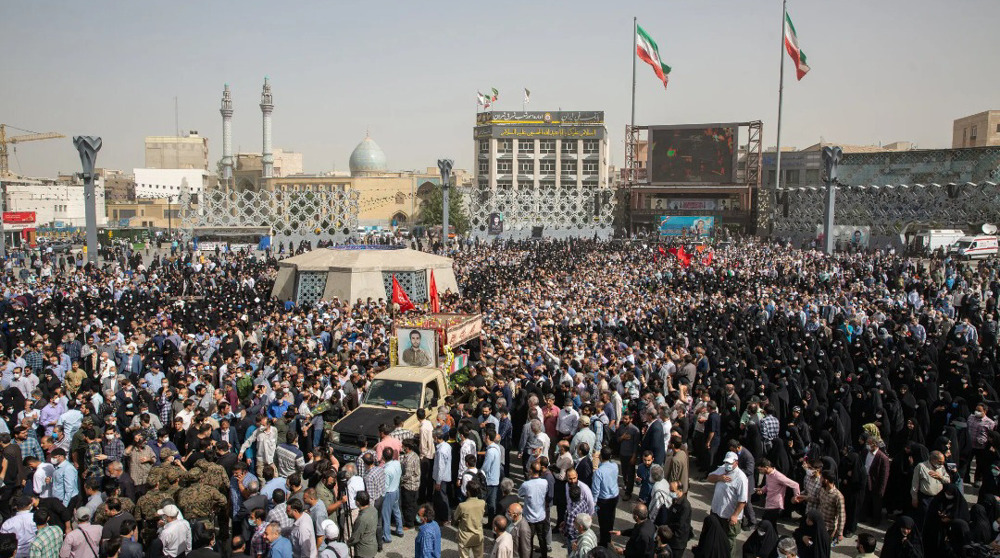
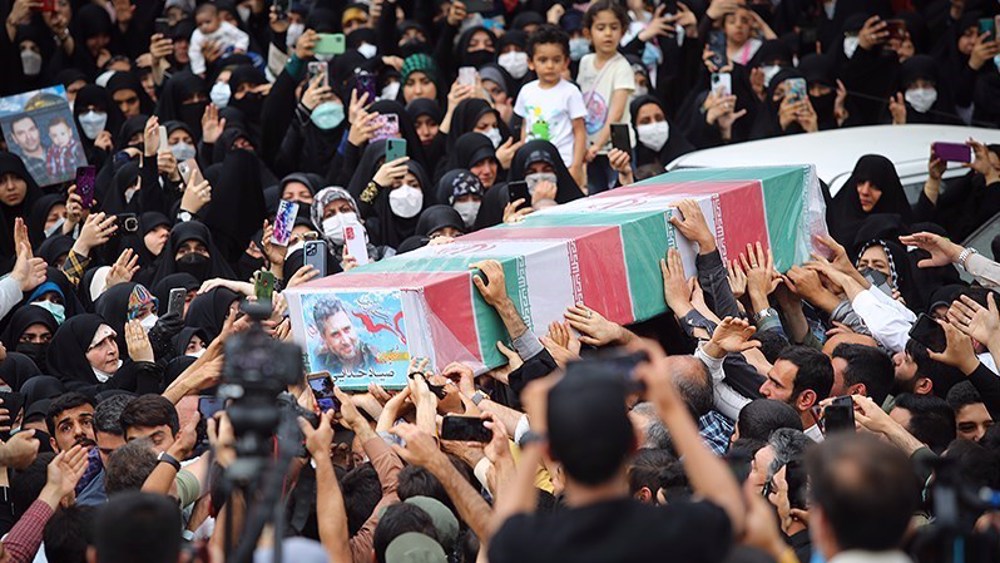
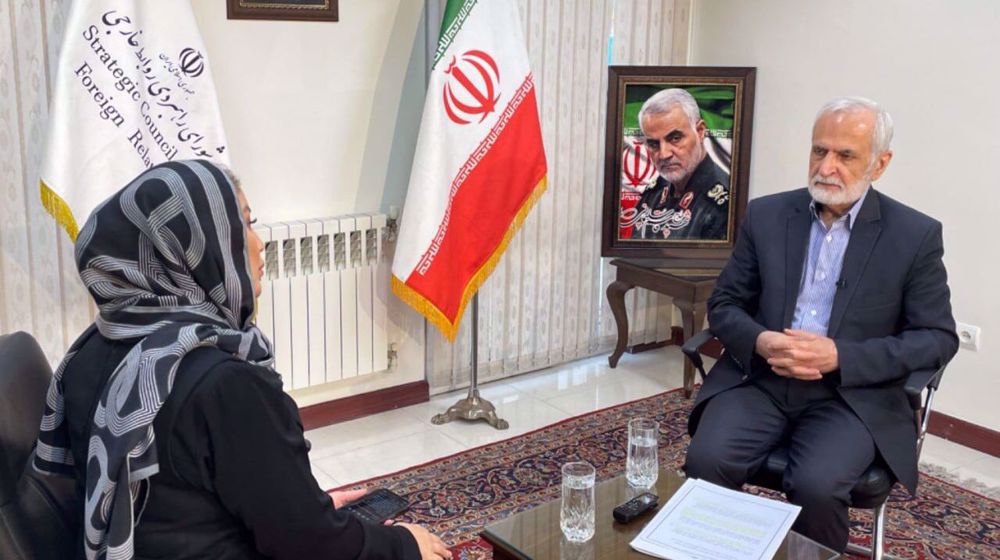
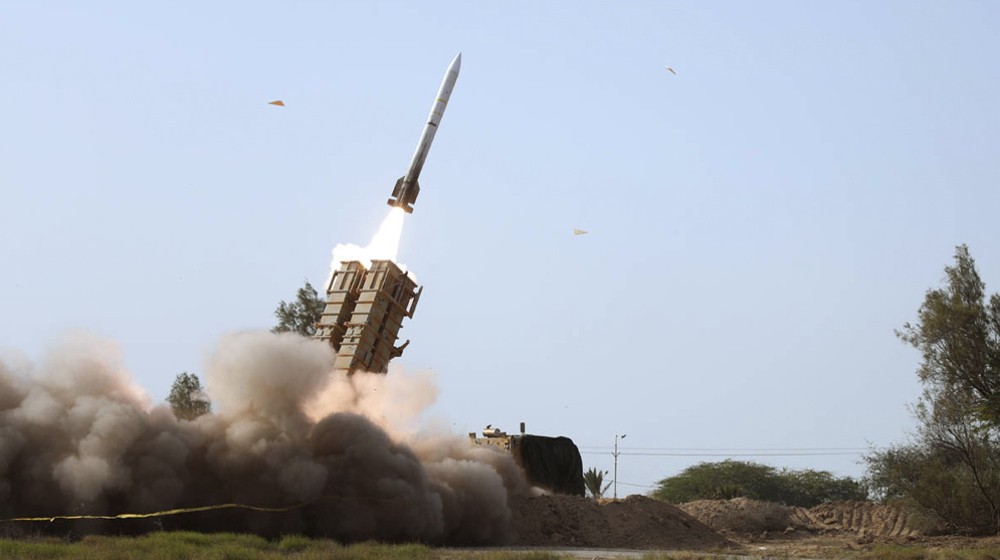
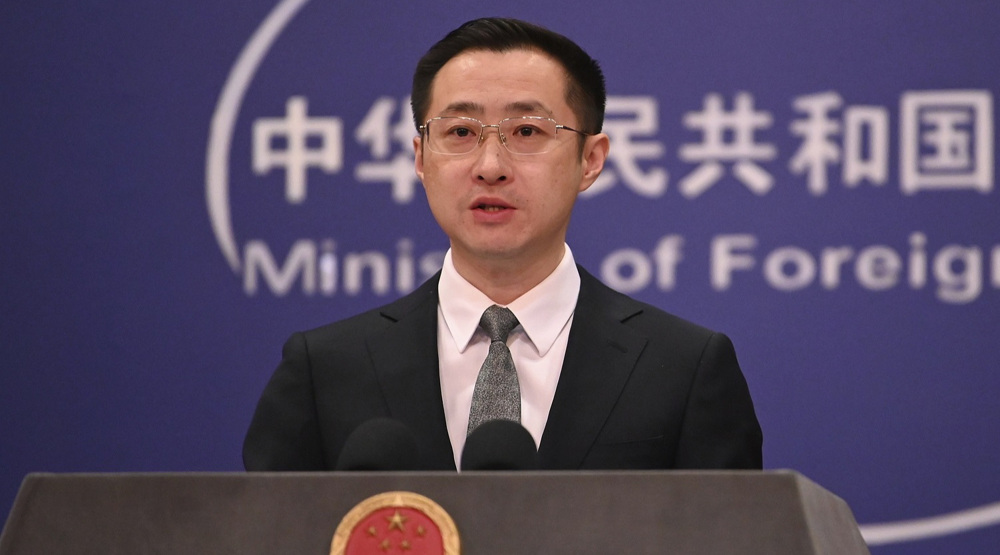



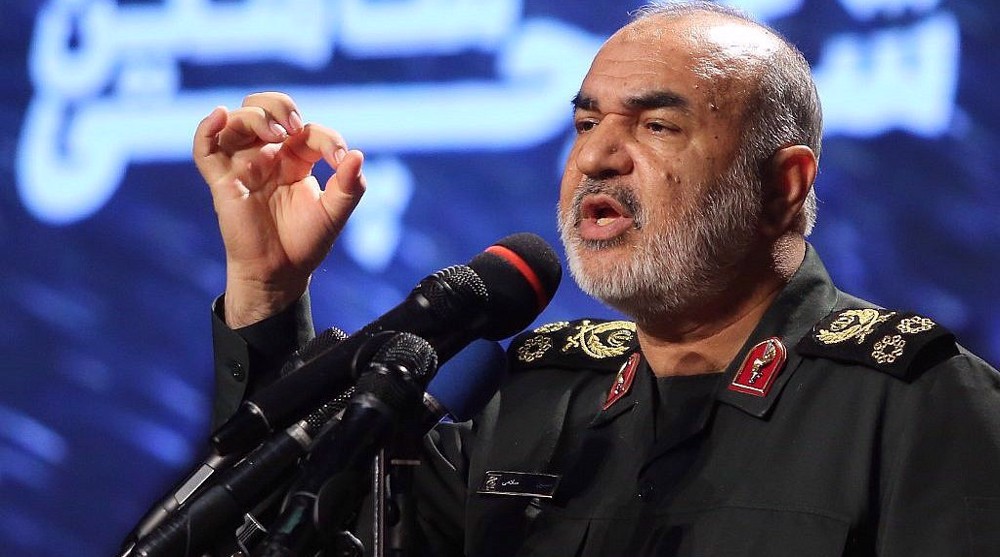
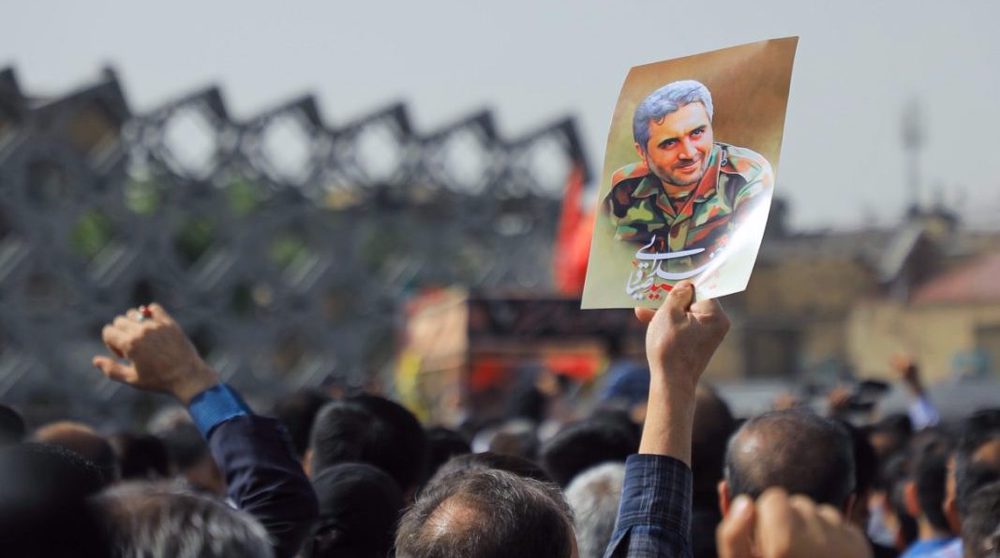
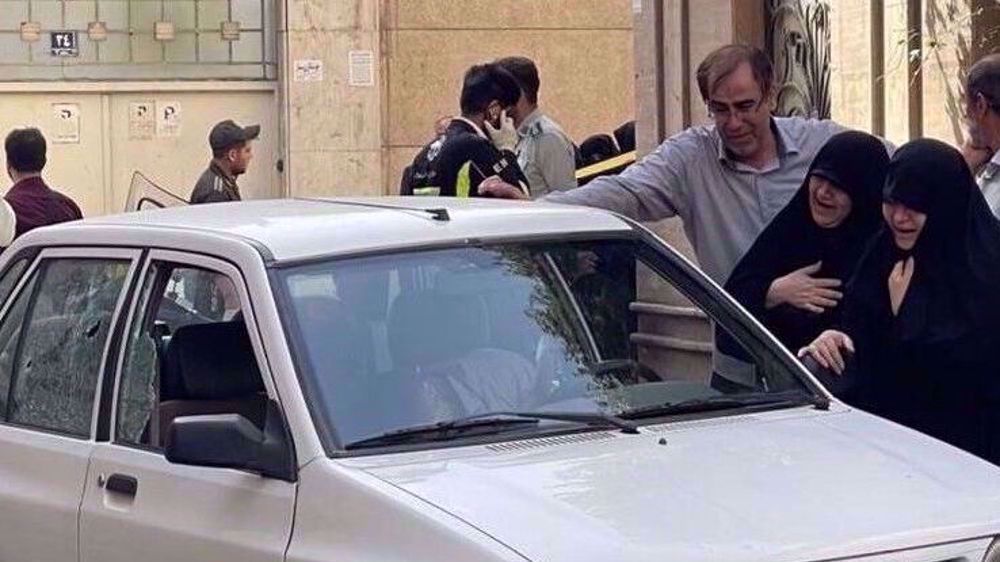
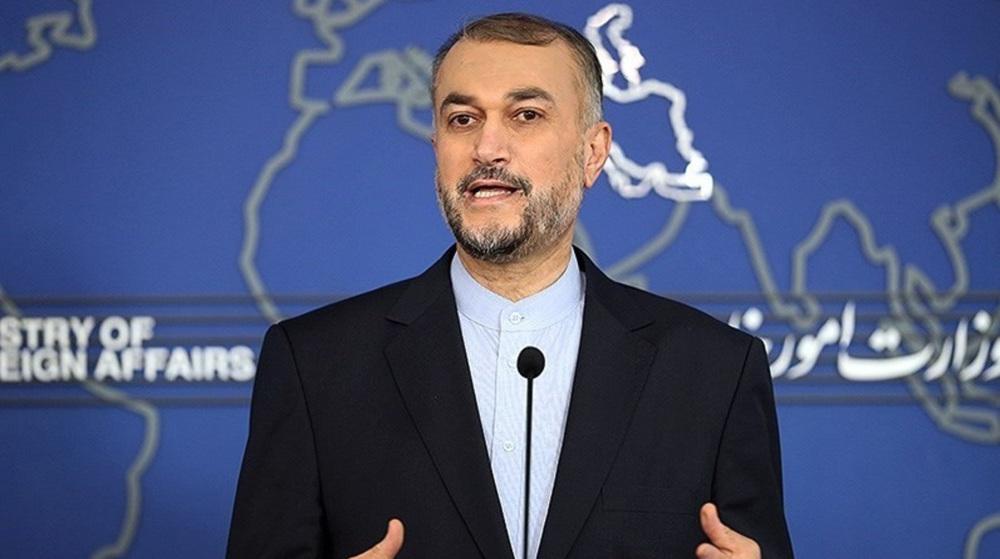

 This makes it easy to access the Press TV website
This makes it easy to access the Press TV website